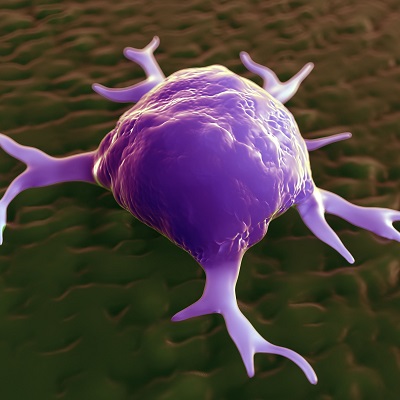January 10, 2023 -- Machine learning models have predicted the drug release profiles of long-acting injectable medicines, suggesting that the algorithms can accelerate the development of a promising class of therapies.
Long-acting injectables such as the HIV treatment Cabenuva and Invega Hafyera gradually release an active ingredient over time to cut the frequency of dosing and, by extension, the burden that treatment puts on the patient. Rather than take oral doses every day or receive injections every week, patients can now go six months between receiving treatment because of long-acting technology.
The long-acting treatments are enabled by polymers. Currently, trial and error is involved in determining the formulation that will achieve the desired drug release profile because the results of the interplay of factors such as the physicochemical properties of the drug and polymer are hard to predict.
Writing in Nature Communications, researchers at the University of Toronto set out their attempts to use machine learning algorithms to improve predictions and thereby reduce the cost and time of developing long-acting injectables. The scientists trained and refined a series of algorithms using results from their own earlier studies and projects undertaken at other research groups.
The 11 models tested in the study included multiple linear regression, random forest, light gradient boosting machine (lightGBM), and neural networks. The scientists found that tree-based models, and specifically lightGBM, delivered the most accurate predictions.
After identifying lightGBM as the most promising approach, the collaborators used analytical techniques to extract design criteria from the model. The work enabled the design of a new formulation of a drug used to treat ovarian cancer. Pauric Bannigan, research associate with the Allen research group at the Leslie Dan Faculty of Pharmacy, University of Toronto, explained the results of drug release rate testing.
"Sure enough, the formulation had the slow-release rate that we were looking for. This was significant because in the past it might have taken us several iterations to get to a release profile that looked like this; with machine learning, we got there in one," Bannigan said in a statement.
Bannigan and his colleagues framed the study as evidence that machine learning can accelerate the development of long-acting injectables. However, attempts to operationalize the approach could be undermined by the lack of open-source datasets for training and validating models. The researchers see a need for robust, open-access databases to advance the use of algorithms in pharmaceutical sciences. With that in mind, the scientists have made their datasets available on an open-source platform.
Copyright © 2023 scienceboard.net









